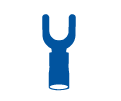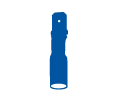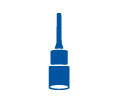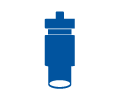An In Depth Look at Crimpers
Posted by Pacer on 21st Dec 2020

What do we mean by the term “Crimpers”?
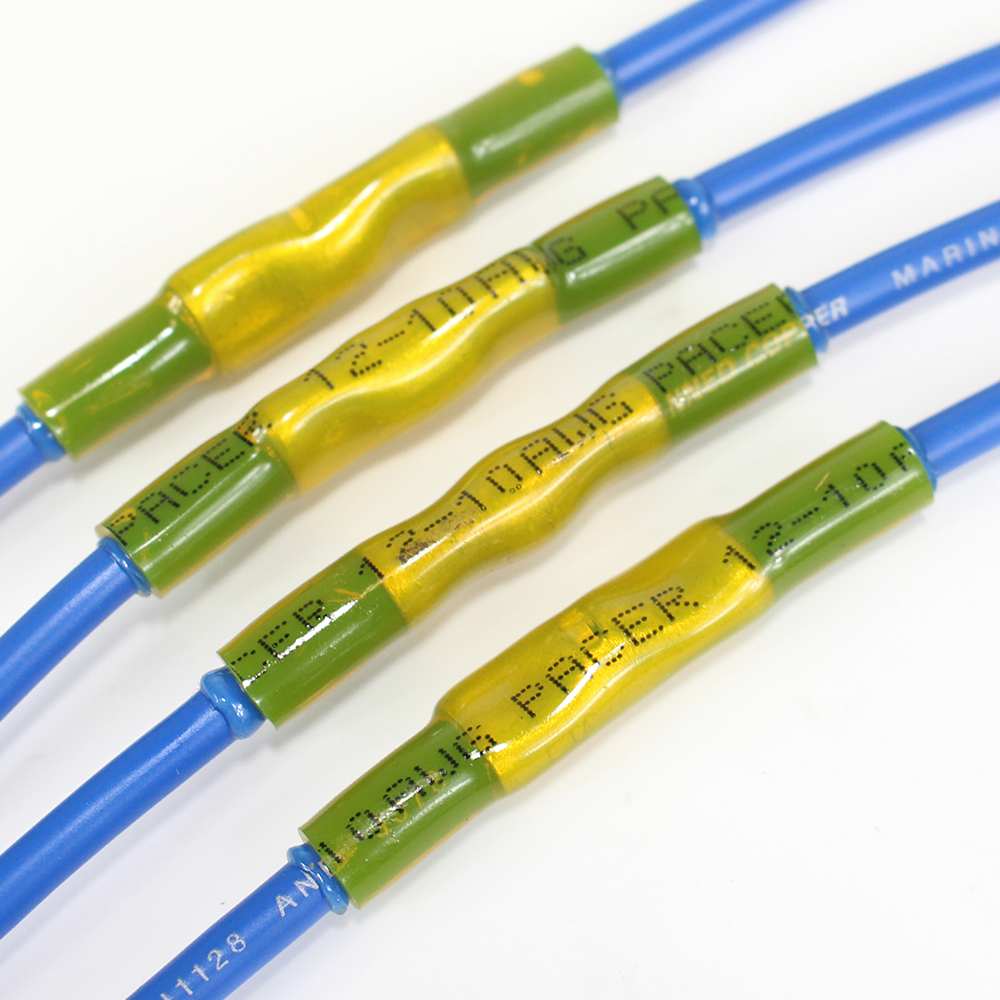
Crimpers is a term used to describe tools that are used to “crimp”, or bend and pinch, terminals onto the bare conductors at the end of a wire. That is to say, crimpers, reshape the metal portion of a terminal around the conductors of a wire. They do this for two reasons. First, this reshaping of the terminal around the wire creates a bond that makes them one solid piece. This prevents the wire from pulling out and creates a secure connection point. Second, the terminal that has been crimped on the end of the wire becomes part of the electrical system and allows the circuit to be completed. Crimpers come in a variety of sizes, shapes, and specialized functions. This is done in order to give the exact crimp pressure and constriction for various types of terminals.
"Crimpers come in a variety of sizes, shapes, and specialized functions."
What exactly do crimpers do?
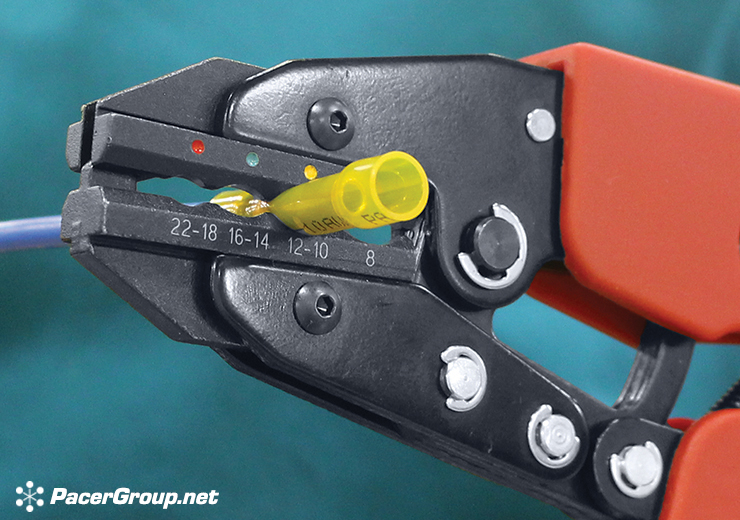
As we stated above, crimpers are designed to bend the metal inside of a terminal around the bare conductors of a wire. This is in contrast to other terminal application methods. While some tools may force separate parts of a connector together, crimpers actually reshape the terminal or connector itself. It is this reshaping that is important. In order for a circuit to correctly transmit electrical power, the connection point needs to be solidly connected. Crimpers achieve this by forcing the internal barrel of the terminal onto the bare conductor of the wire with such force that they cannot be undone without destroying either the terminal or the wire itself. With so many types of crimp connectors it can be hard to determine which tool is best suited. This brings up a good question; since these crimpers are so useful, where should they be used and who should be using them?
Are crimpers better for personal use, field service, or other applications?
Crimpers are the ideal tool for use in a personal toolbox, field service applications, and just about any environment where an electrical connection needs terminals crimped. What I mean by that is that these tools are known for being lightweight, portable, durable, reliable, and long-lasting. These qualities make them the perfect solution for any application one could think of. Can they use used on construction sites? Yes. In marine applications? Absolutely. Can they be used in automotive applications? They sure can. As long as the crimper is designed to be used with the terminals you are seeking to crimp, they can be used by anyone who holds them in nearly any application. Using the correct electrical connector types ensures that your electrical connections are as strong as possible. Crimp connectors and other types of electrical wire connectors determine the quality of the connection. Now you may be asking yourself; what kinds of terminals are designed to be used with crimpers?
What kind of terminals are used with crimpers?
Although the individual ends of the terminals can vary greatly, crimpers are designed, for the most part, to be used with any barrel terminals within a given wire gauge range. That means that a 22 AWG to 8 AWG crimper can be used with terminals that fall within the 22 AWG size to 8 AWG size. Now, to be clear, there are specialized crimpers as well like the 7-6 AWG Ferrule crimper . You might think that since it is designed for 6 AWG applications that it may work with all 6 AWG terminals, but this is not the case. This particular tool is designed for use with ferrules exclusively. That type of tool is the exception, however. For the most part, the average crimper such as the VTTR50 will work with just about any barrel type terminals. The VTTR50 can be used with rings, forks, disconnects, butt splices, and even lugs. I point this out as I feel it is important to be aware of the designed intention of the tools you are using. Another thing to be aware of is the type of wire that you will be applying the terminal to.
What types of wires are crimpers used with?
Wire crimpers are designed to be used with many of the most common types of wire and wire connectors you will find such as UL (Underwriters Laboratory) wire and SAE (Society of Automotive Engineers) wire. Since they compress the terminal around the wire itself it does not really matter which type of wire you are using. Of course, you must use specific crimpers with things such as coaxial cable or LMR cable, but that is rather obvious. I think the more important question to be asking here is what SIZE wire should crimpers be used with?
What gauges of wires are crimpers used with?
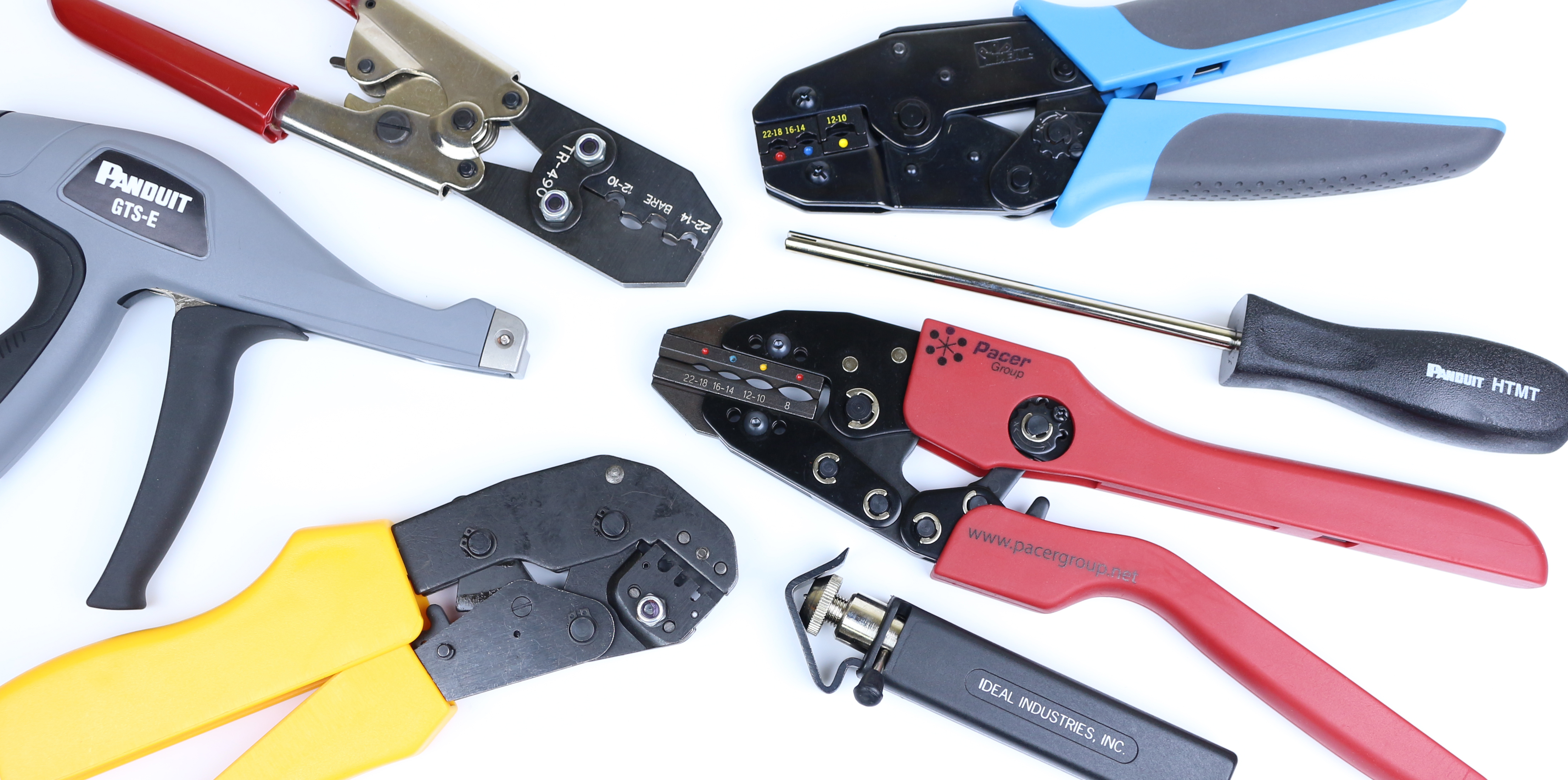
Although crimpers can be used with just about any gauge wire it is important to ensure that they are only used with wires that fall within their range. If you use a 22AWG – 8AWG crimper on a 24AWG wire and electrical connector you will not get the correct pressure and it will at best, lose some conductivity, and at worst, have the wire pull out of the terminal. If you click here, you will see that we have listed all our crimpers based on the wire gauge that they are designed for. This removes all of the guesswork and guarantees that you get the exact tool that you are looking for.
What crimpers does Pacer carry?
Pacer carries all the crimpers one could need to handle just about any job. We offer the 22AWG – 8AWG crimpers that work on a large number of terminal varieties as well as the large 8AWG to 4/0AWG crimper that can be used on some of the largest battery cables. Additionally, we offer crimpers that have interchangeable die sets so they can literally work on just about any terminal or connector ever. Take a look here and see the types of crimpers that we offer. If you are more interested in the obscure types of crimpers, click here. Finding the correct crimper for your job is not always an easy task. Contact a Pacer expert today with any questions that you might have and will make sure that you get the exact tool that you are looking for.


